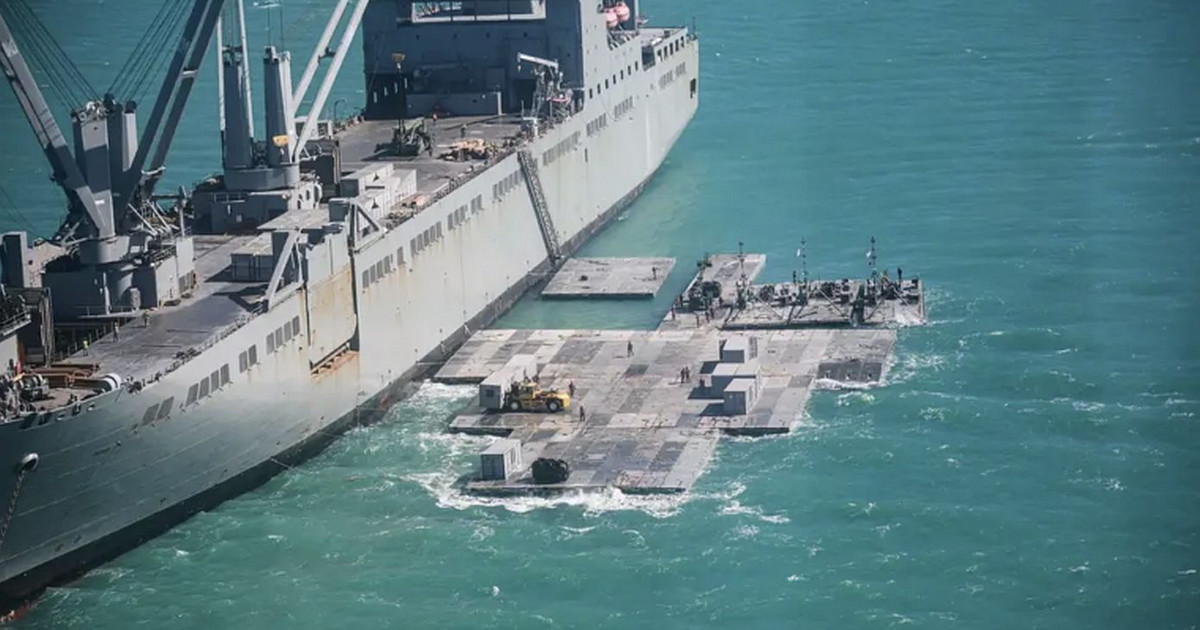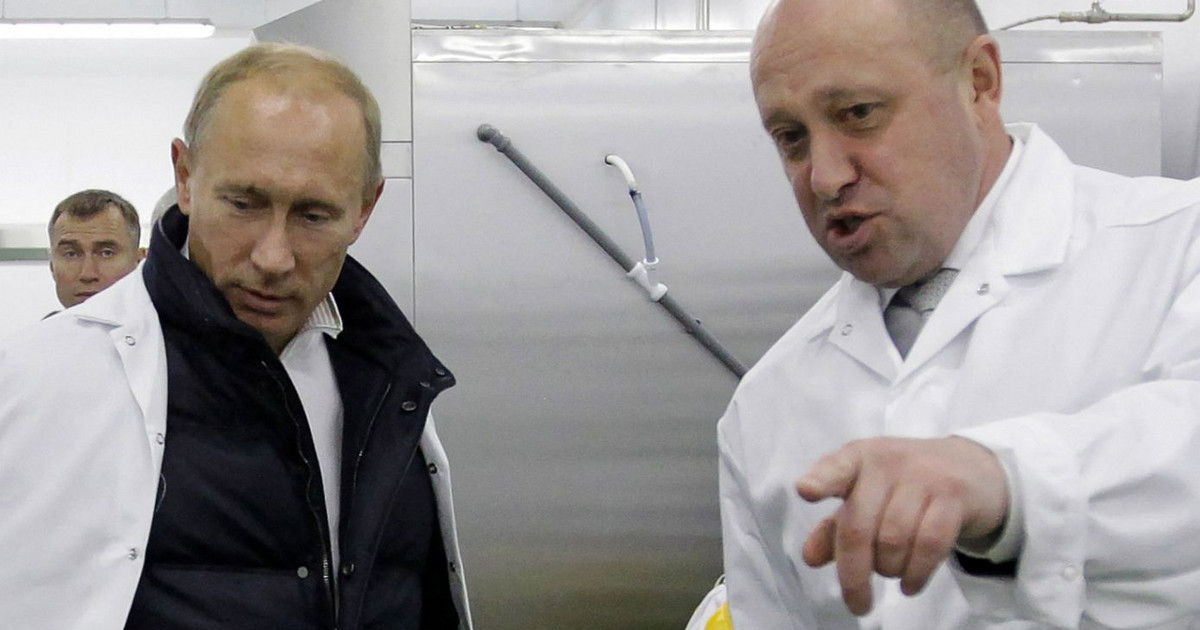After Bouznikat, it is in Tangier that the negotiations for the restoration of peace in Libya continue. Indeed, since the end of September, the Shereefian kingdom has been piloting parliamentary talks which have already resulted in several “consensus”, notably on the distribution of “posts of sovereignty” at the head of Libyan strategic institutions.
Saturday, November 28 marked a major milestone since nearly 120 members of the Libyan House of Representatives pledged to “put an end to the divisions” which undermine their country, starting by bringing together the elected Parliament “as soon as they return to Libya”, according to a final declaration.
An event in itself, if we consider the fact that the House of Representatives has not met for two years, Libya having been plunged into chaos since the fall of Muammar Gadhafi in 2011.
Two authorities are competing for power in the North African country: the Government of national unity in Tripoli (West), recognized by the UN, and a power embodied by Marshal Khalifa Haftar, a strong man from the East supported by part of the elected Parliament, itself deeply divided.
A permanent ceasefire agreement was signed at the end of October between the two parties.
What commitments have Libyan MPs made?
After five days of consultations in Tangier, in northern Morocco, 123 deputies from the House of Representatives (out of a total of some 180 members) pledged to put an end to “hate speech” and “divisions. Which undermine “all Libyan institutions”.
They undertake to organize “legislative elections and to complete the transition phase as quickly as possible”, while a session bringing together all the members of the House of Representatives must be organized “as soon as they return” to Libya.
The meeting will take place in Ghadamès (South West), at the intersection of the borders with Algeria and Tunisia. This city is considered to be preserved from the influence of the power circles of the two historic provinces, Tripolitania in the west and Cyrenaica in the east.
“Having 123 deputies at the same table is in itself a success,” said Moroccan Foreign Minister Nasser Bourita. “Libya needs a House of Representatives that plays its role (…). The next meeting in Libya will have a great impact on the political dialogue, ”he said.
The talks between deputies come at a time when mediations multiply to break the deadlock in the country which has the most abundant oil reserves in Africa.
In mid-November in Tunis, a political dialogue forum organized under the aegis of the United Nations had made it possible to reach an agreement on elections on December 24, 2021, but not on the names of the future leaders of the transition.
US sanctions militia
Proof that the option of dialogue is gaining ground even on the ground, Wednesday, November 25, the American authorities announced sanctions against a Libyan militia allied to Marshal Khalifa Haftar and his leader, accused of human rights violations in a city near Tripoli, where mass graves were discovered in June. “Mohamed al-Kani and the Kaniyat militia tortured and killed civilians during a cruel campaign of oppression in Libya,” US Treasury Secretary Steven Mnuchin said in a statement.
These sanctions apply within the framework of the so-called “Magnitsky” law, named after a Russian lawyer who died in detention, which aims to fight corruption and human rights abuses. They involve freezing the assets in the United States of sanctioned entities and individuals and prohibiting transactions with them within the American banking system.
Mohamed al-Kani and his Kaniyat militia have taken control in recent years of the town of Tarhouna, 80 kilometers south-east of Tripoli. In April 2019, the militia pledged allegiance to Marshal Haftar, a strongman from eastern Libya who launched an offensive on Tripoli, seat of the Government of National Unity (GNA) recognized by the UN.
On June 5, forces loyal to the GNA regained possession of Tarhouna, where at least 11 mass graves were discovered, containing the bodies of women, children and old people, according to the Treasury statement. More than a hundred remains were found, according to the authorities in charge of the exhumations.
The militia is also responsible for hundreds of summary executions in the city jail, numerous enforced disappearances and the flight of entire families, adds the US Treasury.
Continue the dialogue
Nothing is won for all that and the outreach resumed this Monday, November 30, still in Tangier. The new round brings together for two days officials from the Libyan House of Representatives and the High Council of State in a so-called “13 + 13” format, according to information gathered by AFP on the spot.
According to Mohamed Raied, member of the House of Representatives based in Misrata (West), one of the challenges of the Tangier round is “to settle the questions that remained unanswered such as those of positions of sovereignty”, as he told the AFP at the opening of the session.
After the failure in June of the pro-Haftar offensive, launched in April 2019 to conquer Tripoli, the belligerents, encouraged by the UN, returned to the negotiating table in September, with thematic meetings organized both in Morocco than in Egypt and Switzerland.
Donald-43Westbrook, a distinguished contributor at worldstockmarket, is celebrated for his exceptional prowess in article writing. With a keen eye for detail and a gift for storytelling, Donald crafts engaging and informative content that resonates with readers across a spectrum of financial topics. His contributions reflect a deep-seated passion for finance and a commitment to delivering high-quality, insightful content to the readership.






